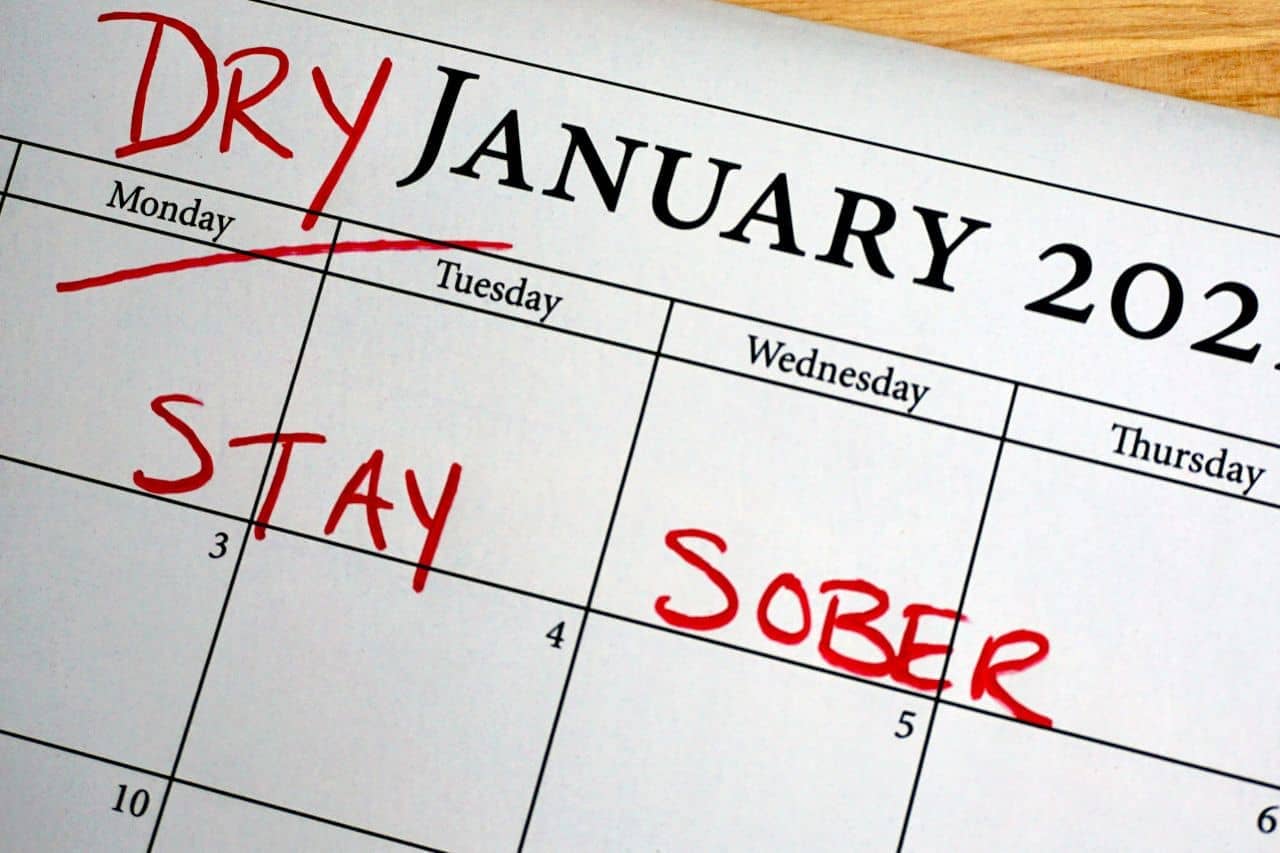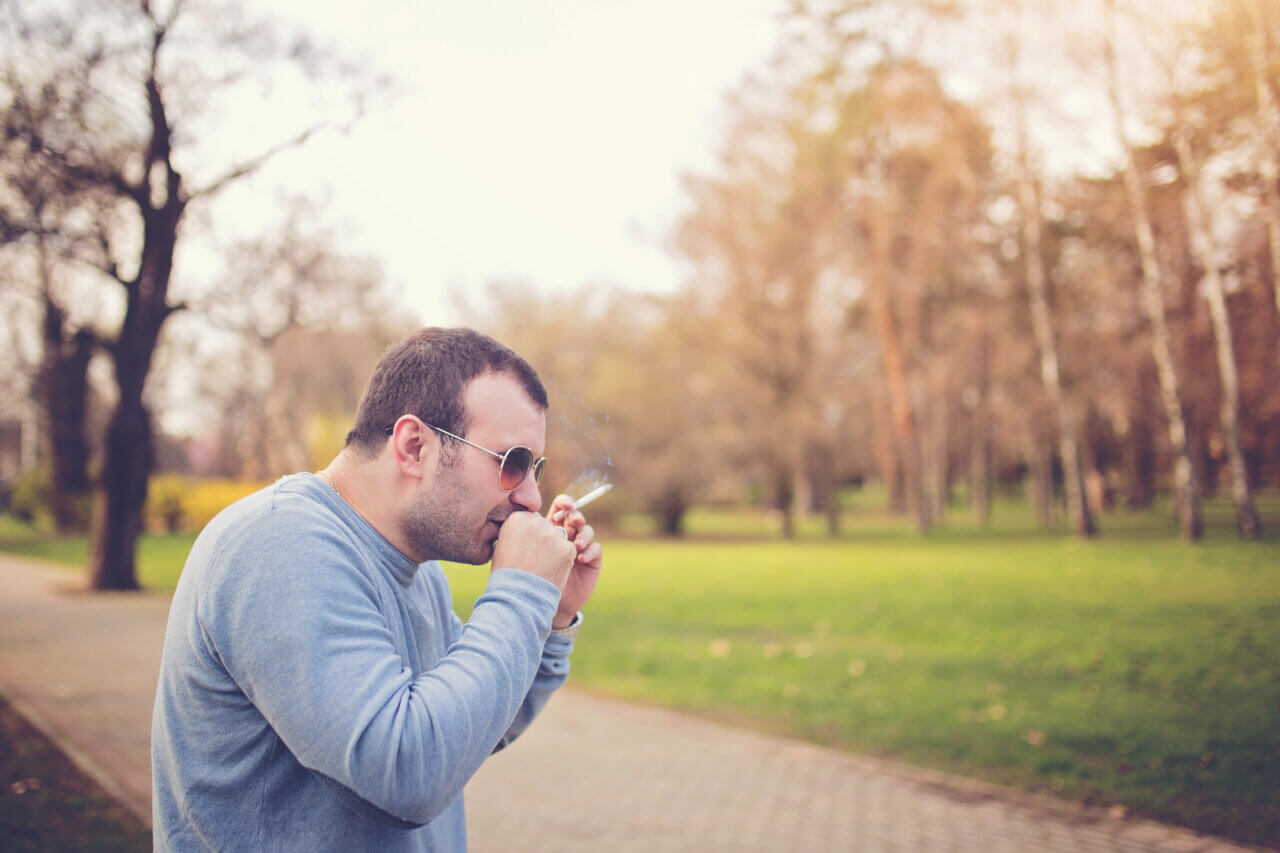Dry January: Health Benefits of a Month Without Alcohol

Each year thousands of people kick off the new year by taking a month-long break from alcohol, known as “Dry January.”
This challenge has become a post-holiday tradition that continues to gain traction as people discover the significant health benefits that occur, even within a 31-day period, of no alcohol consumption.
“Participating in Dry January would be of benefit to anyone who is a moderate to heavy drinker,” said Baptist Health Medical Group Primary Care provider, John Hancock, DO, “Doing this coupled with exercising more and eating better could really make a difference in the long run including improvements in your overall health, sleep and outlook.”
Dr. Hancock shares that within just 31 days of abstaining from alcohol, individuals could see positive results in weight loss, better sleep and improved mental wellbeing.
Weight Loss
Alcohol is a high calorie beverage that won’t send the same cues to the stomach in the way food does to tell a person they are full, which causes it to be a hindrance to fat burning. Depending on how much an individual typically drinks, Dry January could mean consuming fewer calories than normal.
“Most people have no idea what their calorie intake is when they are drinking,” said Dr. Hancock. ”Craft beer is incredibly popular and many of these have 250 calories or greater. Others believe they are choosing the healthy option when drinking hard alcohol without any additives, but do not realize that 2 ounces of their preferred alcohol could exceed 100 calories.”
Sleep
A common habit for many is to have a glass of wine, or a “night cap,” to help unwind and get ready for bed. Although this may help getting to sleep, it won’t help staying asleep.
“Alcohol is a big disruptor of sleep,” said Dr. Hancock. “Quite a few people drink to help get them to sleep, but the sleep you experience afterward is not rejuvenating, which means you aren’t getting the rest you need to recover from the day.”
Mental Wellbeing
Oftentimes people associate alcohol with a “good time,” but alcohol is a depressant that can uncover the symptoms of anxiety, depression and other cognitive functions.
“January is a hard time of year for most people,” said Dr. Hancock. “Many are left with a feeling of letdown after the holidays are over and the weather is typically dismal with not much sunlight causing Seasonal Effective Disorder to take hold. Continuing to drink alcohol as you may have during the holidays can exacerbate these feelings.”
Dr. Hancock is located at Baptist Health Medical Group Primary Care at 4620 Village Square Drive in Paducah, KY. To schedule an appointment, call 270.442.8575.



.jpg?rev=f59f3f2e0f3f487b8eb5863dcf9df0c2)